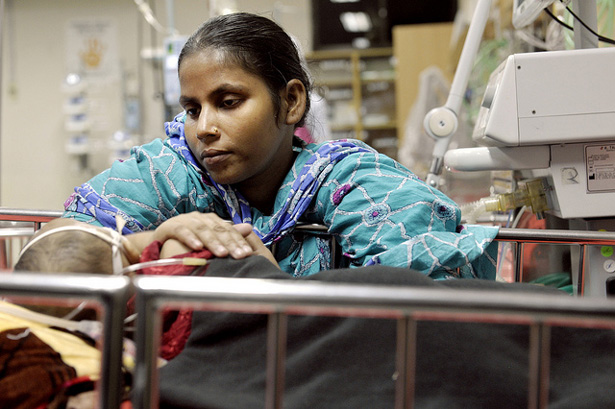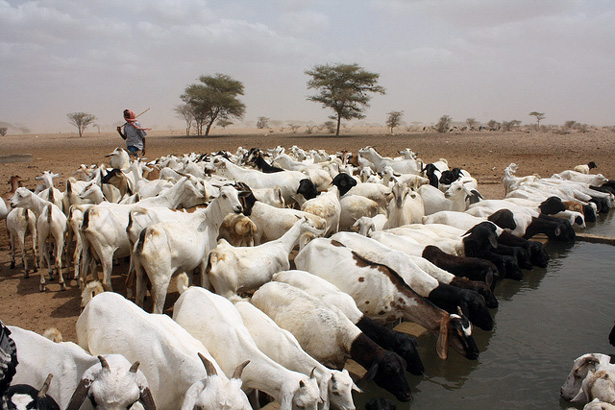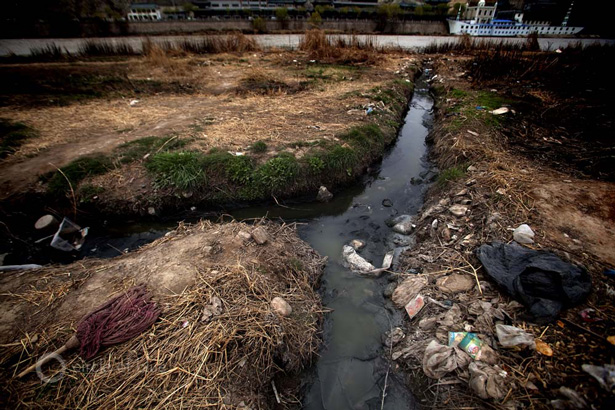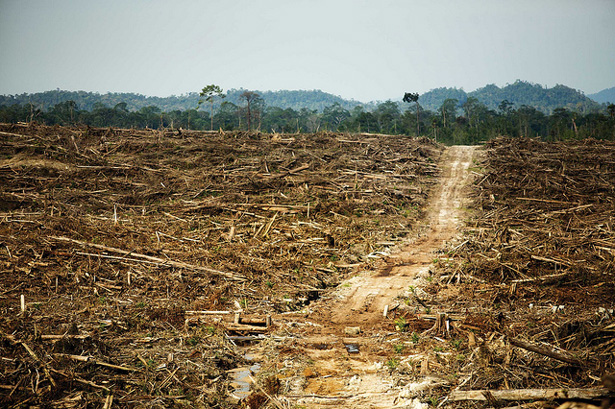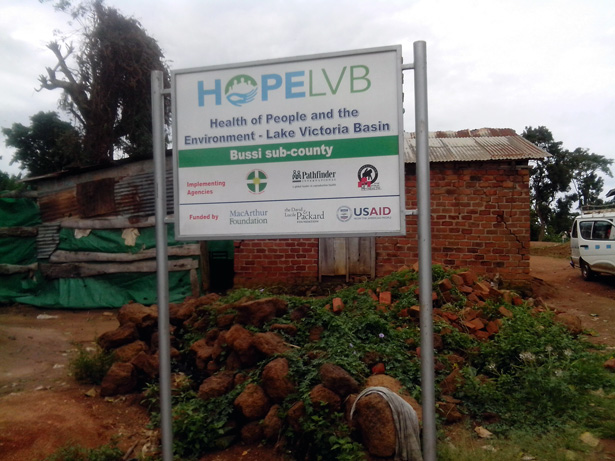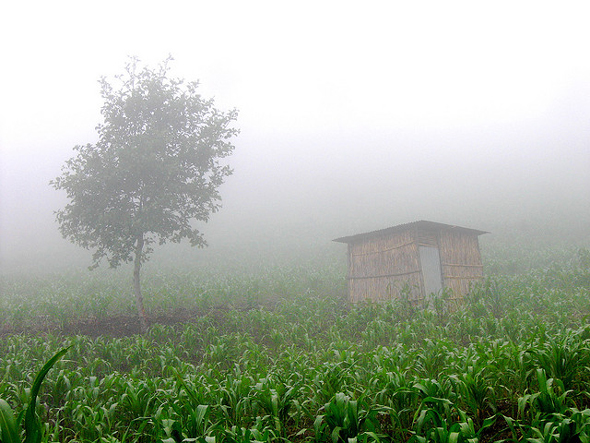-
Behind the Numbers
Reproductive Health and Population Issues in the MDGs: An Interview With Stan Bernstein
›February 8, 2013 // By Wilson Center Staff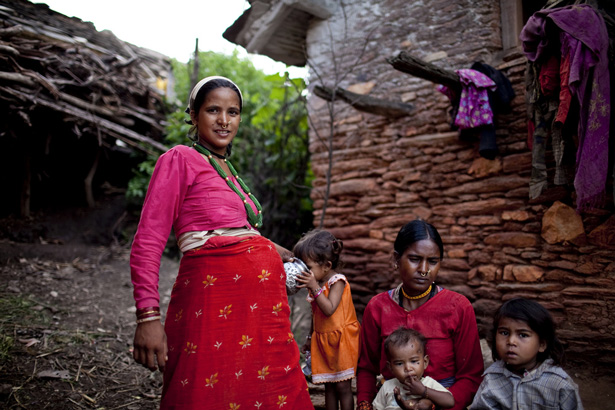
Stan Bernstein, a retired UNFPA senior policy adviser and former health adviser on the UN Millennium Project, recently attended the Seventh Annual Research Conference on Population, Reproductive Health, and Economic Development in Oslo, Norway. During the conference, Bernstein reflected on the presence of reproductive health and population issues among the Millennium Development Goals (MDGs) and their indicators. He also commented on prospects for including relevant reproductive health and population goals or indicators in the development agenda beyond 2015. Bernstein hailed the role of research from the PopPov network in the past and its potential contributions to future development agendas. He answers some questions for PRB below.
-
Sam Loewenberg, The New York Times
Learning From Failure
›
The original version of this op-ed, by Sam Loewenberg, appeared in The New York Times.
Americans love success stories. Go to the web sites of the United States Agency for International Development, the Bill and Melinda Gates Foundation, or a plethora of global health and development organizations, and you’ll find articles, charts, and videos documenting their triumphs and innovations, with the promise of more on the way.
-
Michael D. Lemonick, Climate Central
U.S. Federal Climate Assessment: Energy, Water, Land Intertwined and Threatened
›January 31, 2013 // By Wilson Center StaffThe original version of this article, by Michael D. Lemonick, appeared on Climate Central.
Water resources, energy, and land use are so mutually dependent that climate-related disruptions to any one of them could lead to economically devastating ripple effects – especially as a growing population puts increasing strains on all three. That’s one conclusion of a recent report issued by a federal advisory committee charged with assessing how climate change has already affected the U.S., and what the future holds.
-
Kagondu Njagi, AlertNet
In Kenya, Water Stress Also Breeds Cooperation Between Competing Groups
›January 29, 2013 // By Wilson Center StaffThe original version of this article, by Kagondu Njagi, appeared on Thomson Reuters’ AlertNet.
By the time the violence had died down, more than 80 people lay dead and hundreds were left homeless.
Yet there was scarcely enough water – the resource the Maasai and Kikuyu tribes were fighting over – to wash away the blood that had stained this part of Kenya’s Rift Valley.
-
Nadya Ivanova, Circle of Blue
Across Much of China, Huge Harvests Irrigated With Industrial and Agricultural Runoff
›
The original version of this article, by Nadya Ivanova, appeared on Circle of Blue.
The horizon gleams with a golden hue from the wheat fields that spread in all directions here in Shandong, a prime food-growing province on the lower reaches of the Yellow River. As hundreds of farmers spread the wheat like massive carpets to dry on country roads, combine machines are busy harvesting the grain. The same afternoon that the wheat harvest is finished, farmers will already be planting corn and other crops. This is how China feeds 1.4 billion citizens and millions of livestock.
-
Jonathan Pincus, Foreign Policy
Indonesia: Stop Chopping, Start Learning
›January 24, 2013 // By Wilson Center Staff
The original version of this article, by Jonathan Pincus, appeared on Foreign Policy.
The Indonesian economy, which for so long had been an also-ran in the Asian growth derby, is getting good press these days. There’s no mystery why. While much of the world is struggling in the aftermath of the global financial meltdown, Indonesia continues to post annual economic growth rates in excess of six percent. What’s more, public debt is now less than 25 percent of GDP – down from 96 percent in 1999. And it is still falling relative to GDP: The budget deficit is only about two percent of GDP, among the lowest in the region.
-
Rachel Yavinsky, Behind the Numbers
Energy-Saving Stoves and Family Planning Benefit Women and Families in Rural Uganda
›January 23, 2013 // By Wilson Center Staff
The original version of this article, by Rachel Yavinsky, appeared on the Population Reference Bureau’s Behind the Numbers blog.
After 45 minutes on Lake Victoria in a wooden fishing boat, my PRB colleague and I arrived on Busi Island, one of the Ugandan sites of the HOPE-LVB (Health of People and the Environment – Lake Victoria Basin) project. PRB, who partners on this project, came to Busi Island to see HOPE-LVB in action.
-
Elisabeth Rosenthal, The New York Times
As Biofuel Demand Grows, So Do Guatemala’s Hunger Pangs
›January 8, 2013 // By Wilson Center Staff
The original version of this article, by Elisabeth Rosenthal, appeared in The New York Times.
In the tiny tortillerias of this city, people complain ceaselessly about the high price of corn. Just three years ago, one quetzal – about 15 cents – bought eight tortillas; today it buys only four. And eggs have tripled in price because chickens eat corn feed.
Showing posts by Wilson Center Staff.


